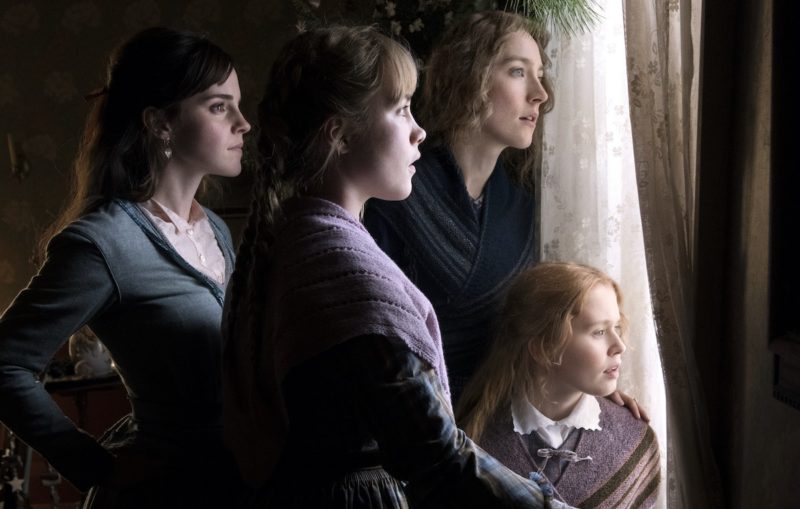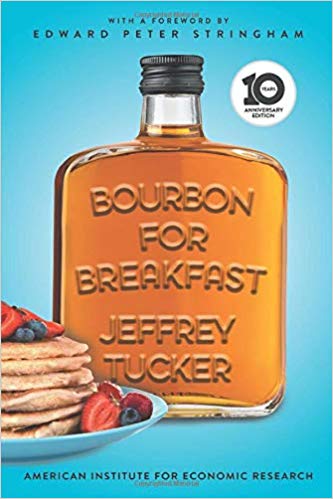Don’t Drag Little Women Into the Gender Wars

Like you and everyone, I’ve been annoyed and tricked by movies that seemed from trailers to be about cool things only to have them turn out to be artistic vessels for annoying political lectures.
The bad guys (sorry, people) are the usual demographics and professions demonized by the political left whereas the good people are woke warriors for progressive social justice against the old order of bigotry.
The movie starts and we have high hopes. Then gradually realize that we are being manipulated. We roll our eyes, knowing that we were ripped off again.
The movies that do this barely merit mention in my book (which is why I didn’t write about Bombshell). It’s also why I try to go out of my way to highlight different kinds of movies that leave the quasi-Marxian blather on the cutting-room floor, and just seek to tell a good story.
This year some of my favorites have been: Ford v. Ferrari, The Joker, The Incredibles 2, Luce, The Pursuit, Thou Shall Not Grow Old, Rocket Man, and Bohemian Rhapsody, among others.
So of course I was worried about the new adaptation of Little Women. It’s a movie about a woman writer in the 19th century America struggling to get ahead, along with her talented sisters trying to find a way in the world. How could it possibly escape the cancer of identity politics?
Miracle of miracles, I’m happy to report that it does so escape. It’s creative, beautiful, enrapturing in every frame. I’m not much of a cryer in movies but, my goodness, my tear ducts got a workout in this one. What a picture of New England in the 1860s. Just wonderful.
Also, we don’t see enough movies about rather high-end, well-bred families in America in this period. Mostly when we see these idealized pictures of the old world, we are ported to foreign places, mostly England of course. I love this movie because it reveals America too had (and has!) genteel culture worthy of study and emulation.
I’m not sure until I saw this movie that I understood precisely why Louisa May Alcott’s great novel was called Little Women. The point is that the father and most men in the community had been drafted off into war. We don’t talk about the devastating effect this imposes on families and communities. Take the men away and the women who expected better and more stable lives are forced to fend for themselves, becoming heroic in their own way. Everyone in war is a victim. The men are dragged off (by powerful men) to kill (other less powerful men) and be killed (by similarly disempowered men), and the women are left to figure out how to survive and maintain the veneer of civilization in the midst of bloodshed.
It was true in the Civil War. More so in the Great War. What a cultural disaster. The old world of aspiration and civility just slipped away. It was even worse in World War II, which devastated churches, communities, enterprise, public morals, and even settled notions of truth and beauty. No wonder American culture was so anxious to forget the past from 1950 onwards and reinvent itself, an impulse with good and bad effects.
Little Women gives us an intimate look at the life of one family and one community and how they dealt with the hell of war and did so with great dignity and love. And I’m happy to see it is a huge hit, the third most profitable movie during the great movie days of Christmas and following.
It’s worth celebrating, not politicizing. But no: look it up and you find that Little Women has a “man problem” – allegedly – because it has been “noticeably underrepresented” in awards. Sexism! And the New York Times agrees. The writer Kristy Eldredge claims, in a completely ridiculous headline that “Men Are Dismissing Little Women. What a Surprise.” The movie is a victim of an “unconscious bias” based on sexism that “has seemed to trickle down to the casual male viewer as well, if Twitter is any indication.”
Sorry but Twitter is not an indication of anything, as any sophisticated critic should know by now.
Where’s the rest of the evidence that this movie is not liked by men? “The audiences at early advance screenings,” are “overwhelmingly comprised of women.” But let’s say that’s true. Is that wrong? Is it really bad for a particular movie to attract certain demographics? I can’t see it. Nor do I see evidence that men are somehow against this movie. I would venture to suggest that this whole thing has been made up in order to drag this great movie into the culture wars, and for no reason at all.
The writer admits that many male critics have had kind things to say, but then even this she turns into evidence of bias. “That this concern even existed to begin with is disheartening” – even though it is the writer herself who is making a non-concern into a concern in order to fan the flames of identity politics.
“If many men,” she continues, “haven’t wanted to give it a chance because they don’t think it’s meant for them, we still have a way to go in considering all kinds of narratives about women to be deserving of thoughtful attention.”
Notice the weasel word “if.” We could say that about anything. If women haven’t given Ford v. Ferrari a chance, we still have a way to go in considering all kinds of narratives about men to be deserving of thoughtful attention. To which I would expect any reader to respond: that sentence just wasted my time.
It’s hardly news that the PC left has become a caricature of itself, replaying the same victim-based stories of their caricatured demographics again and again ad nauseum. What viewers want is stories about human beings. Everyone faces struggles. These are not struggles of the sort we are supposed to have according to the ideological dialectics of academic humanities departments. People have human struggles that we know from our own lives, and they go way beyond class, race, gender, and so on. It is this that we want art and movies to show to us.
There was only one moment in the film where I detected a group-based ideological flex. It was in the negotiation for book royalties when the main character was seeking a publisher. She adopted a “get tough” look on her face and demanded higher pay despite the man’s desire to pay her less. Truth is that being unfriendly and angry is no way to negotiate. I hope that women won’t take away from this scene that this is the way to go about getting a higher salary. What was supposed to come off as uncompromising just presents itself as annoying and affected.
Aside from that scene, Little Women was mercifully free of made-up scenarios designed to manipulate the viewer into adopting a woke outlook on life. And that is one reason it is a great movie. But even so, critics won’t leave it alone. The demand that the whole of life – and every piece of art – be politicized is the insatiable vice of this generation of critics.











